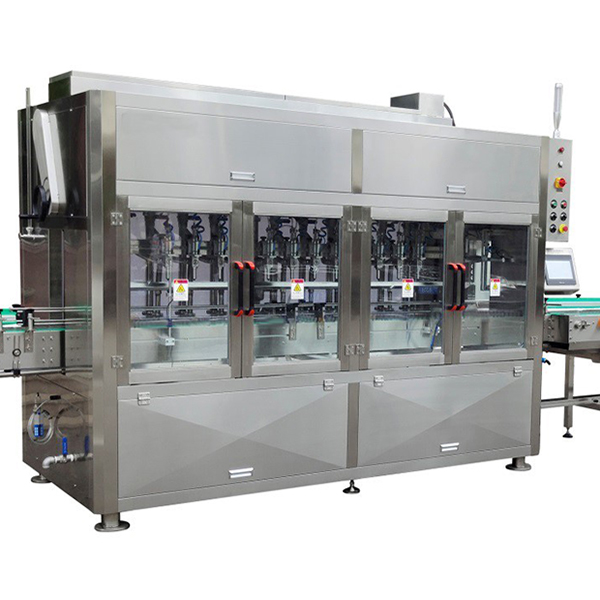Artificial intelligence is taking the pizza business by storm, with a host of startups introducing machines that churn out pies faster and cheaper than humans.
Why it matters: While robots are making steady inroads in the restaurant industry overall — flipping burgers, frying chips, brewing coffee — pizza is the place where automation may make its earliest and most transformative mark. Sauce Packing Machine

Driving the news: Some of the brightest minds in engineering have turned their attention to pizza, building contraptions that can stretch dough, apply tomato sauce, and sprinkle cheese and toppings without human intervention.
What they're saying: "Nobody in food service has enough workers," says Clayton Wood, CEO of Picnic Works, whose machines have been used by Domino's, SeaWorld and Chartwells, the school cafeteria vendor.
Getting robots to make pizza is harder than it looks. Frozen pizzas are routinely assembled in a factory, but the process doesn't translate easily to a restaurant or food truck.
Between the lines: While some craftsmanship may be lost when robotic hands replace fleshly ones, there are plenty of advantages — like the ability to produce mass quantities at low prices.
PizzaHQ, which makes a 16-inch pie for $9.99, is targeting both the retail and institutional markets in northern New Jersey.
And there's the "pizzatainment" factor — it's fun to watch robots assemble pizzas, so some operators are playing that up.
Yes, but: There's already been one noteworthy flop: Zume Pizza, which raised $375 million from SoftBank, shuttered its robot-crafted pie service in 2020 amid "complaints about cheese dripping everywhere [and] paltry little sauce on the pies," per Input magazine.

margarine filling machine The bottom line: While robot-made pies may one day be the norm, they'll likely face consumer skepticism for now.
